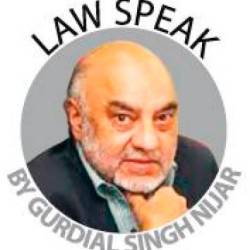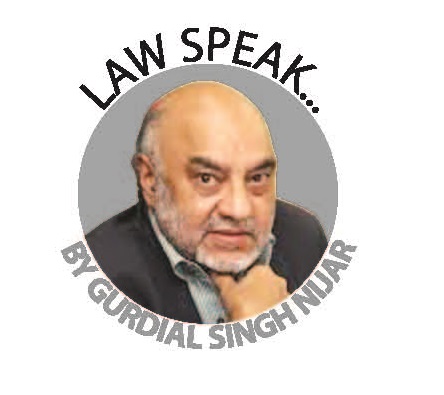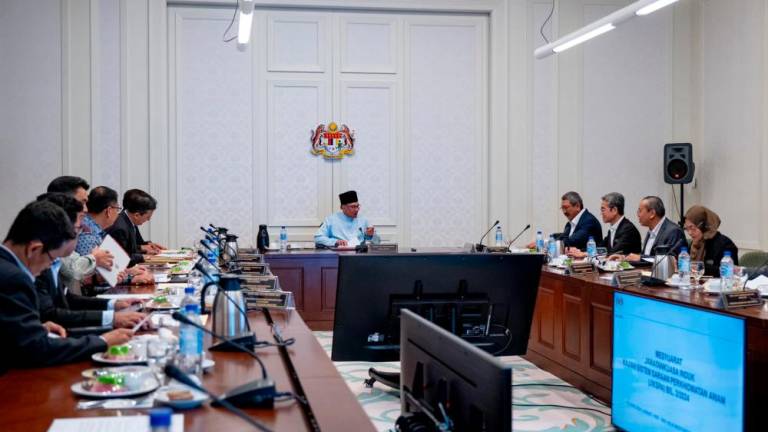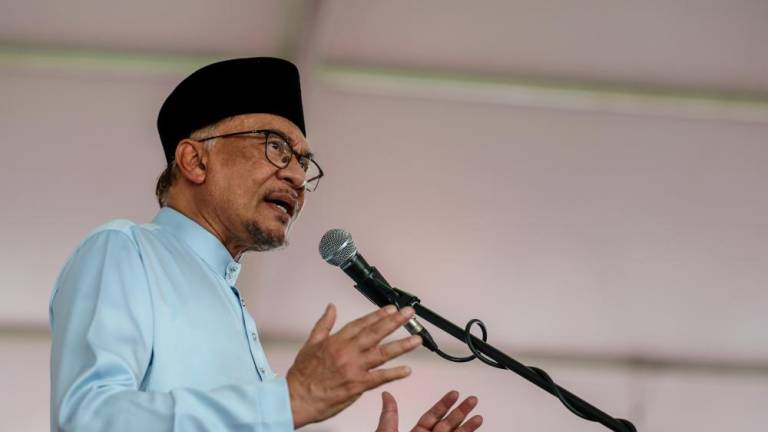TWO critical questions seem to be troubling the public. First, can the appointment of the prime minister by the king be challenged? Second, does such a challenge amount to disrespect for the king and the institution of the monarchy?
Our courts have answered both these questions. Yes, to the first. No, to the second. Let me elaborate.
The Sabah case: Tun Datu Hj Mustapha bin Harun v Tun Datuk Hj Mohamed Adnan and Datuk Joseph Pairin Kitingan No 2
In 1985 the court intervened in a constitutional crisis in Sabah and quashed the appointment of a chief minister. Pairin, whose party had just won the state elections, was expected to be appointed chief minister by the Yang di-Pertua Negeri (YDPN) – equivalent of the sultan of a state; or king in the federal context.
However, at 3.40am on the night the election results were announced, the leaders of two other parties visited the residence of the YDPN and persuaded him to appoint Tun Mustapha as chief minister on the basis that they commanded 22 seats; and with the appointment of an additional six members, who had to be nominated by the YDPN, they would have an overall majority in the state assembly. The YDPN swore in Tun Mustapha as the chief minister at 2.30pm.
Three hours later, the YDPN revoked Tun Mustapha’s appointment. At 8pm he swore in Pairin as chief minister.
Mustapha challenged the validity of his revocation as well as Pairin’s appointment, seeking declarations that he had been validly appointed and was still the chief minister.
Pairin and the YDPN objected – arguing that the court had no jurisdiction because the case concerned the manner of exercise of discretion by the head of state and raised political questions which should be, and had been, dealt with by the legislature. In the interim Pairin had secured a vote of confidence in the state assembly.
The High Court held that the court had jurisdiction. The case involved construction of the federal and state constitutions, and consideration of legal principles; and the legal issues of conspiracy, misrepresentation, fraud and duress – all of which, ruled the court, fall within its jurisdiction and function.
It was not a question of how the YDPN had exercised his discretion – which the court had no jurisdiction to decide.
The Supreme Court upheld the High Court decision.
The Perak case: Datuk Nizar Jamaluddin v Datuk Seri Zambry Abdul Kadir
In 2009, Perak Sultan Raja Azlan Shah refused to dissolve the state assembly upon the request by the then mentri besar Nizar Jamaluddin. Instead of deferring to the state assembly to determine who had the confidence of the majority, the sultan opted to interview the members of the state assembly. His Majesty concluded that Nizar had lost the confidence of a majority of the assembly and asked for his resignation. Nizar was thus ousted without any vote in the assembly.
Nizar brought an action in court to challenge the appointment by the sultan. The High Court decided in Nizar’s favour; but the Court of Appeal, and later the Federal Court, upheld the appointment.
The courts read into the Perak Constitution a conventional power for the sultan to declare the office of MB vacant, without a vote in the assembly. The decision broke “new ground in allowing the ruler considerable latitude, which is not apparent in the constitutional text or in general understandings of constitutional conventions, to reach his own judgment as to the issue of the legislature’s continued confidence in the Head of Government” (Andrew Harding, The Constitution of Malaysia: A Contextual Analysis).
Note that all state constitutions have identical provisions empowering the sultan/YDPN to appoint state MBs. The king also acts under a similar provision in the Federal Constitution: Article 43(2)(a).
This Federal Court decision was approved last year when the High Court rejected Tan Sri Musa Aman’s challenge of the appointment of Datuk Seri Shafie Apdal as chief minister by the YDPN.
Conclusion
Through these decisions, our highest court has established the undoubted right of litigants to challenge the appointment of the prime minister or mentri besar by the ruler. To say that this will denigrate the institution of the monarchy is to misunderstand the power of the courts to decide issues that are legal and constitutional in nature. Else the rule of law, an integral pillar of the basic structure of the Federal Constitution, will be undermined.
One final comment. Courts cannot decide questions that are political in nature. Indeed, most of these cases have a distinct political flavour. Nonetheless, as declared by the UK Supreme Court recently “... although the courts cannot decide political questions, the fact that a legal dispute ... arises from a matter of political controversy, has never been sufficient reason for the courts to refuse to consider it. ... Many if not most of the constitutional cases in our legal history have been concerned with politics in that sense”: Lady Hale, R (Miller) v The Prime Minister (2019) UKSC 41.
Gurdial, a former law professor, now practises law. Comments: letters@thesundaily.com














